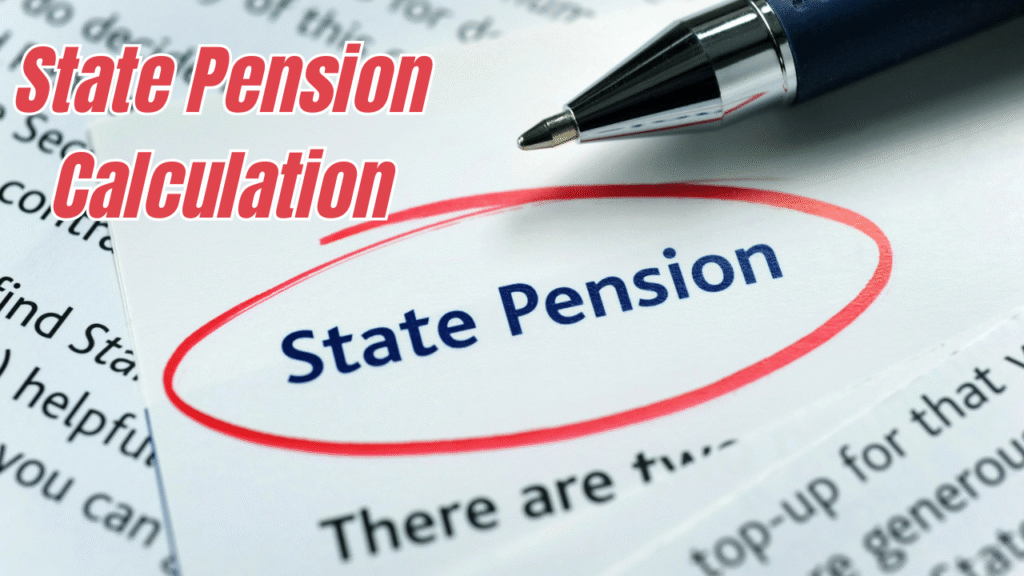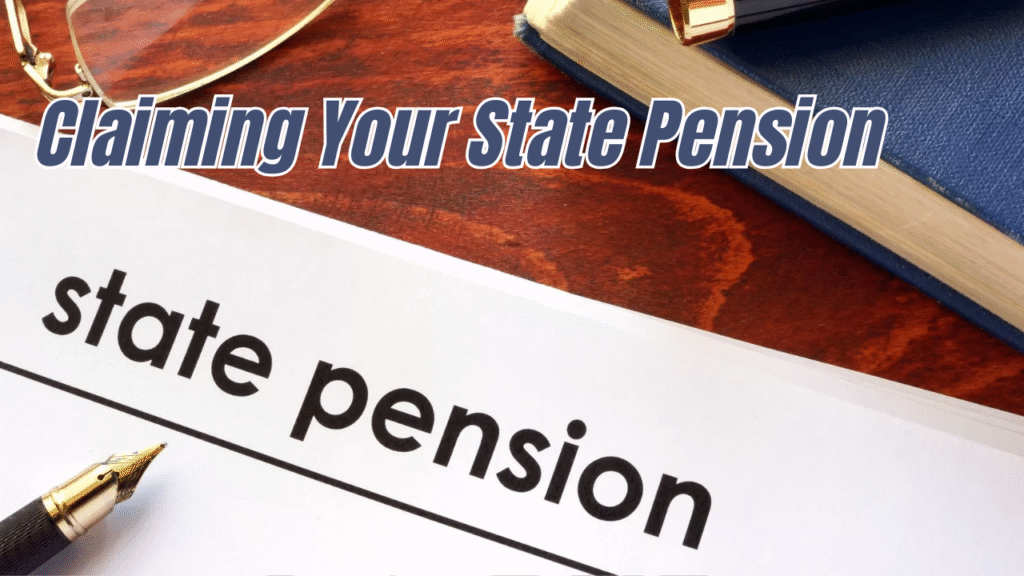Introduction
The UK State Pension is a cornerstone of retirement planning, offering citizens a steady income after decades of working and contributing to National Insurance. In 2025, the weekly State Pension rate is set to rise to £221.20, marking a significant increase due to the triple lock commitment. This new amount aims to keep pace with inflation, wage growth, and the rising cost of living, providing retirees with financial stability.
This article will serve as your definitive guide to understanding the £221.20 State Pension – who qualifies, how to claim, how your entitlement is calculated, and how to maximize your income in retirement. Whether you are nearing retirement or helping a loved one navigate the pension process, this in-depth resource offers clarity and practical insights.
Section 1: Understanding the State Pension
What is the State Pension?
The State Pension is a regular payment from the government that you can claim when you reach State Pension age. It is based on the number of qualifying years you’ve paid or been credited with National Insurance (NI) contributions.
There are two types of State Pension:
- Basic State Pension – for people who reached pension age before April 6, 2016.
- New State Pension – for those who reached pension age on or after April 6, 2016.
2025 Update:
Starting April 2025, the New State Pension will increase to £221.20 per week, or approximately £11,502.40 annually. This increase reflects the triple lock mechanism, which ensures that pensions rise by the highest of:
- Inflation (CPI)
- Average earnings growth
- 2.5%
Section 2: Who Is Eligible for the £221.20 State Pension?
Eligibility for the New State Pension depends on the following:
1. Date of Birth
- You must be born on or after 6 April 1951 (men) or 6 April 1953 (women).
- If you were born before these dates, you may receive the Basic State Pension instead.
2. National Insurance Contributions
You need at least 10 qualifying years on your NI record to get any State Pension. To receive the full £221.20, you typically need 35 qualifying years.
3. Residency
You must have lived or worked in the UK and made National Insurance contributions. Time spent in certain countries or employment abroad (armed forces, government, etc.) may count under Social Security Agreements.

Section 3: State Pension Calculation – How Much Will You Receive?
Basic Formula (New State Pension)
| Qualifying Years | Estimated Weekly Pension | Annual Equivalent |
|---|---|---|
| 10 years | ~£63.20 | ~£3,286.40 |
| 20 years | ~£126.80 | ~£6,593.60 |
| 30 years | ~£189.60 | ~£9,859.20 |
| 35+ years | £221.20 | £11,502.40 |
If you have less than 35 years, your pension will be pro-rated. Each additional year adds roughly £6.32 per week.
Section 4: How to Check Your State Pension Forecast
The UK government offers the State Pension forecast tool, allowing you to:
- View how much you’ve accrued
- See the number of qualifying years
- Identify gaps in contributions
- Learn how to boost your pension
You can check this using:
- Your National Insurance number
- Government Gateway account
For those unfamiliar with the digital process, requests can be made via post.
Section 5: Filling Gaps in Your NI Record
Not everyone has a complete NI record. If you have gaps, you may:
1. Pay Voluntary NI Contributions
You can pay Class 3 contributions to make up for missed years. As of 2025, this might cost around £17–£20 per week, but could add £260+ per year to your pension indefinitely.
2. Qualify for NI Credits
You might be entitled to NI credits if you:
- Claimed Universal Credit, Jobseeker’s Allowance, or Carer’s Allowance
- Were a parent or guardian of a child under 12
- Were ill or disabled
Section 6: Deferring the State Pension – Is It Worth It?
You don’t have to claim your pension as soon as you hit State Pension age. Deferring it can increase your weekly amount.
Deferral Rules:
- For every 9 weeks you defer, your pension increases by approximately 1%.
- A full year of deferral results in around 5.8% extra per year.
This could be a smart option if:
- You have other sources of retirement income
- You’re in good health and expect to live long enough to benefit

Section 7: Claiming Your State Pension
When to Claim:
You can start your claim up to 4 months before reaching State Pension age. The pension is not paid automatically – you must apply.
How to Claim:
- Online via the GOV.UK portal
- By phone
- By post using a claim form
It may take up to 6 weeks for the first payment, which is then made every 4 weeks.
Section 8: Tax and the State Pension
State Pension is taxable, but it’s not taxed at source. This means:
- If it’s your only income and you’re below the Personal Allowance (2025 estimate: £13,000), no tax is due.
- If you receive a private or workplace pension in addition, you might need to pay tax.
You may receive a P60 form yearly for recordkeeping and tax return purposes.
Section 9: Additional Retirement Benefits
Receiving the State Pension may also entitle you to:
- Pension Credit (for low-income pensioners)
- Winter Fuel Payment
- Free bus pass or travel card
- TV Licence discount or exemption (if 75+)
- Council Tax Reduction
- Cold Weather Payments
Section 10: Impact of the 2025 Increase
This year’s boost to £221.20 per week is among the largest increases in recent history. It reflects:
- Steep inflation from the 2024 energy crisis
- Strong wage growth in Q3 and Q4 of 2024
- A growing retiree population demanding greater support
It is especially beneficial to:
- Older women with low private pensions
- Manual workers with limited lifetime earnings
- Disabled pensioners who rely solely on the State Pension
Section 11: Women and the State Pension
Women are more likely to have:
- Lower lifetime earnings
- Career breaks (e.g., childcare)
- Fewer qualifying NI years
To help address this, you may receive:
- Home Responsibilities Protection (HRP)
- NI credits for child benefit claimants
- Pension sharing on divorce
These can all improve your entitlement.
Section 12: Living Abroad and the State Pension
You can receive the State Pension if living abroad, but increases may not apply unless you live in:
- The EU
- Countries with a reciprocal agreement (e.g., Canada, USA, Australia)
You’ll need to keep DWP updated about:
- Your address
- Bank details
- Life certificates (periodically required)
Section 13: Private Pension vs. State Pension
The State Pension is a guaranteed income, but many retirees also rely on:
- Workplace pensions (auto-enrolment)
- Personal pensions (SIPPs)
- Investments and annuities
A combined approach offers better protection from inflation and emergencies.
Section 14: State Pension Age in 2025
As of 2025, the State Pension age is:
- 66 for both men and women
- Set to rise to 67 by 2028, and 68 by 2046
Delays are based on life expectancy data, government reviews, and budget impacts.
Conclusion
The new £221.20 weekly State Pension represents a renewed commitment to safeguarding retirees’ financial dignity. While the amount can make a tangible difference, maximizing your pension means understanding your eligibility, tracking your NI record, making up for contribution gaps, and planning holistically.
For millions of retirees, this enhanced payment could cover essentials, fund hobbies, or simply provide peace of mind. As retirement draws nearer, early planning can ensure that you receive every penny you’re entitled to – and more.
Whether you’re preparing for retirement, already retired, or supporting a loved one, use this guide as your roadmap to pension success.
FAQs
1. When will the new £221.20 rate start?
The increased rate of £221.20 per week will officially begin from April 2025, aligning with the start of the new financial year.
2. What happens if I have fewer than 10 qualifying years?
If you have less than 10 years of National Insurance contributions or credits, you won’t qualify for any State Pension. Consider paying voluntary contributions if eligible.
3. Can I receive the State Pension while working?
Yes. You can work while receiving the State Pension. However, your income may affect tax liability but won’t reduce your State Pension.
4. Will my spouse get the same amount?
Each individual’s pension is calculated based on their own NI record. There’s no joint pension, but partners may qualify for Pension Credit if income is low.
5. Is the State Pension paid weekly or monthly?
While the rate is calculated weekly, the State Pension is paid every 4 weeks directly into your bank or building society account.








